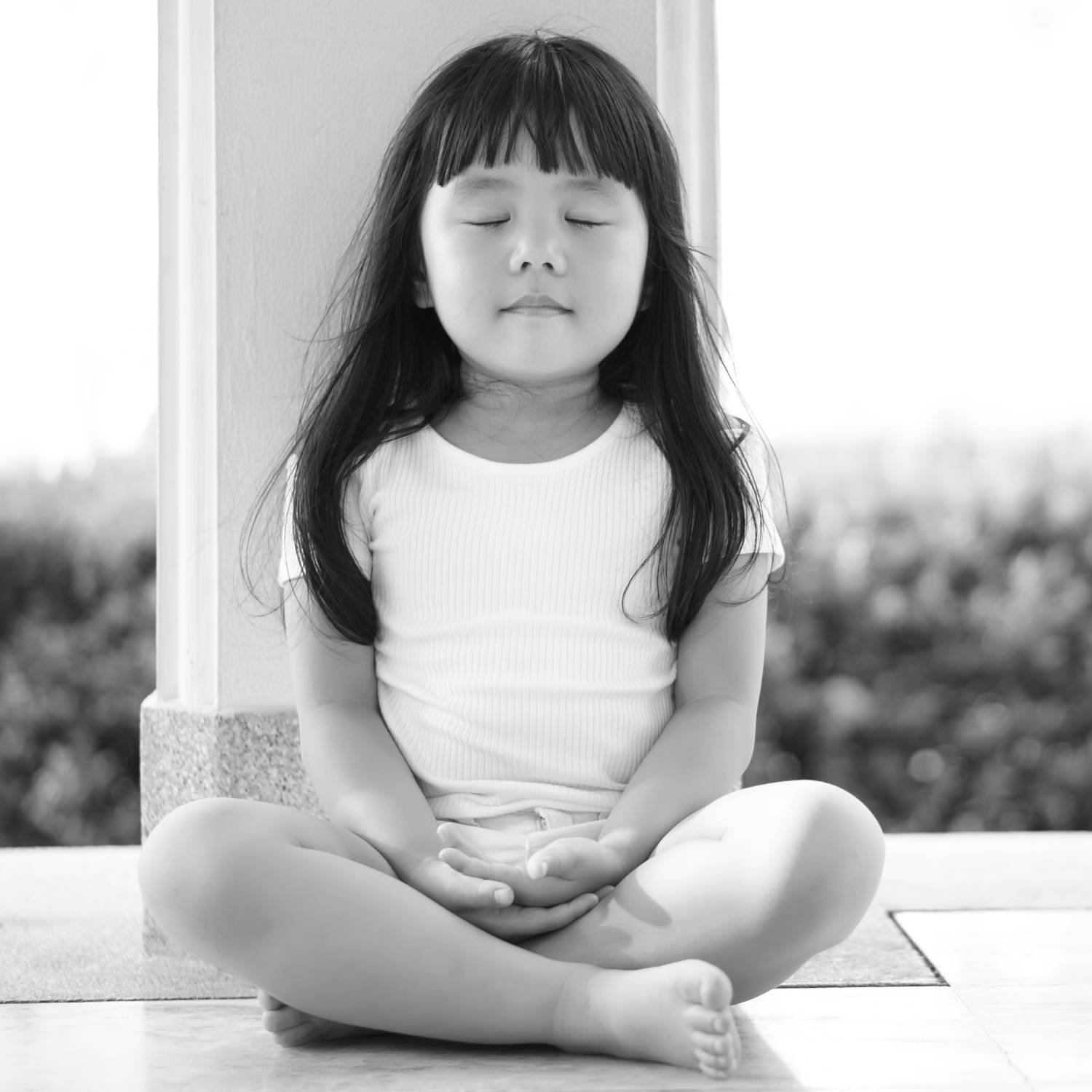Breathwork For Kids
Buteyko Breathing Method - Powerful breathing techniques for children. David Pemberton The Breathing Coach is a certifed Buteyko Clinic International Instructor.
For calm, relaxed kids who can cope under stress
four Long, Slow and deep breaths Through the Nose can change everything!
Help kids manage their emotions and reduce stress and anxiety.
Improve lung capacity and respiratory health including asthma.
Improve focus and concentration, leading to better academic performance.
Kids Breathing Re-Training sessions now available in our Varsity Lakes, Gold Coast clinic.
By teaching kids breathing exercises, we're giving them a valuable tool for their toolbox -
By teaching kids breathing exercises, we're giving them a valuable tool for their toolbox -
Dear Parents
Observe your child whilst they watch television or enjoy screen time, is their mouth open?
Does your child snore, stop breathing during sleep, have drool on their pillow, get tired easily, have a constant stuffy or runny nose, often have allergies, have inflamed tonsils or adenoids, have a narrow jawline, or frequent the dentist more than is required?
Are they disruptive or struggling with concentration?
If you have answered yes to any of these questions then there is a good chance that your child is a mouth breather.
-
Nasal breathing;
Warms, filters, and humidifies the air we breathe, which is critical for healthy lung function
Promotes healthy facial development with the correct placement of the upper jaw providing room for teeth to grow, preventing tooth decay, and improving overall sleep quality.
Promotes better oxygenation, reduces inflammation, and enhances the immune system.
Filters airborne particulates
Increases airflow to arteries veins and nerves increasing oxygen uptake and circulation
Production of Nitric Oxide (NO) in paranasal sinuses
Slows down breathing to calms the mind and emotions balancing the CNS
Improves Lung volume which in turn strengthens diaphragm muscle
Lowers the risk of allergies and hay fever
Aids and boosts your immune system
Lowers risk of snoring and sleep apnea
-
42% of mouth moisture is lost through mouth breathing increasing the risk of:
Inhaling unfiltered air
Trauma to airways
Asthma
Allergic reactions and increased risk of infection.
Stuffy or continuous runny nose
Bad breath
Dental decay
Gum disease
Snoring, poor sleep quality and sleep apnea
Teeth and jaw abnormalities
Poor oxygenation can negatively impact cognitive functioning and overall well-being.
We cannot emphasize enough the importance of nasal breathing for children and the potential negative health effects that can arise from persistent mouth breathing. If your child experiences asthma, snoring, waking up with a dry mouth, concentration problems like ADHD or ADD, irritability, bedwetting, teeth grinding, restlessness, sleep disturbances, or learning difficulties, the solution could be right under their nose. The way a child breathes in their early years also significantly impacts their future appearance. Nasal breathing promotes proper tongue positioning, which acts as scaffolding behind the top teeth. This supports the correct growth of the maxilla, ensures teeth are aligned, and positions the bottom jaw forward, all contributing to optimal airway health. David Pemberton The Breathing Coach
It is critical to instil healthy breathing habits in children by promoting nasal breathing as soon as mouth breathing is observed. Our coaching sessions for children either one to one or in small groups, encourage activities that promote nasal breathing, using the proven Buteyko Breathing Method, physical exercise and relaxation techniques that ensure children are breathing optimally.
We have a current Working With Children Check cleared, are parents ourselves, and are passionate about instilling optimal breathing techniques so that all can children learn, play and rest with natural ease. David Pemberton The Breathing Coach
Did you know
that breathing is not listed as a function of the mouth in any medical literature?
When mouth breathing a larger volume of air creates turbulence inside the mouth which creates trauma to the airways leading to inflammation of airways, tonsils, and adenoids.
Breathing through the mouth, especially for children can have detrimental long-lasting effects on their facial structure, respiratory health, sleep, concentration and dental health.
Statistically, if a child snores by the age of 8 and is untreated, there is an 80% chance the child will have a permanent 20% reduction in mental capacity
During Nasal breathing
the tongue sits at the roof of the mouth nestled in behind the Maxilla, providing “scaffolding” for the growing facial bones. This allows the jaw to set correctly and reduces the potential for crooked teeth and a high narrow palate.
Mouth breathing, the mandible hangs low pulling the facial bones downwards narrowing the upper jaw line resulting in potential overcrowding of teeth (malocclusion) and a compromised nasal cavity.
During mouth breathing
the saliva, an important tool in the general health of the mouth dries out resulting in increased bacteria leading to tooth decay, gum dis-ease, and bad breath.
Mouth breathers show cognitive impairment as well as attention deficit hyperactive disorder (memory, concentration, attention, learning disability, low perception and sensorimotor integration). It has been shown that children with excessive day time sleepiness appear to have almost 10 times the risk of learning difficulties.
Parents, if you observe your child breathing through the mouth please do not panic. There are simple and effective solutions taught by The Breathing Coach that you and your child can be taught to retrain from mouth breathing to natural nasal breathing ensuring that as they grow into adulthood that they have the best chance of remaining happy, healthy, and dis-ease free.
If you have any questions specific to working with your child we are only too happy to help.
David Pemberton The Breathing Coach



